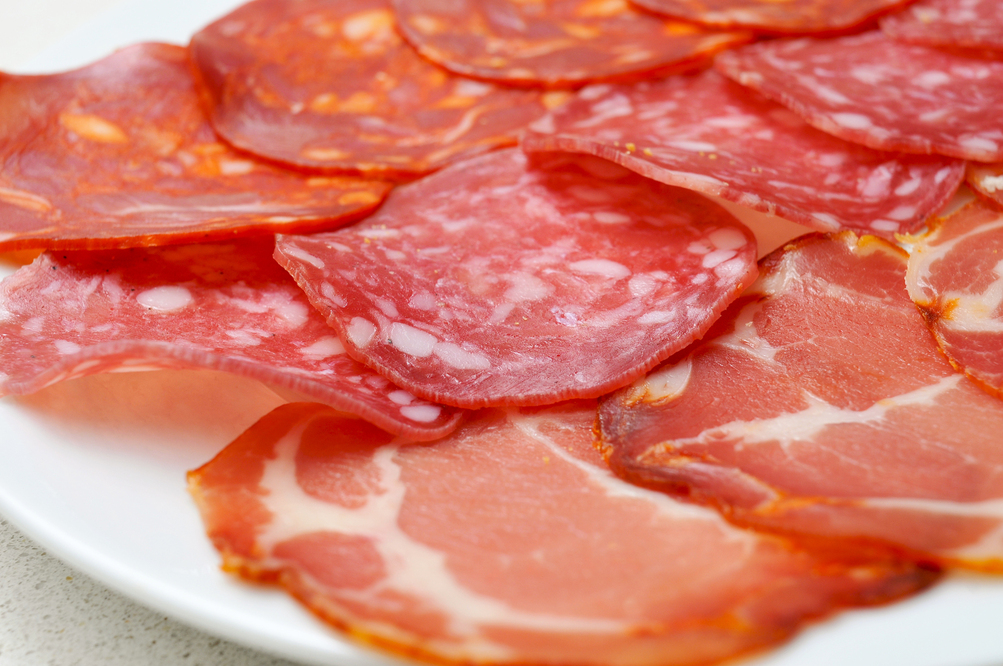
Foods and Beverages that Cause Breathing Difficulties
There are more than 10-million people in the United States who suffer from asthma and more than 20-million adults living with chronic obstructive pulmonary disease (COPD). Both of these conditions affect the lungs and can greatly impact your quality of life. Although there is no cure for COPD or asthma, there are several ways to manage the symptoms, which include medications, exercise, and watching what you eat.
There are also a variety of different foods beverages that have been proven to worsen and contribute to breathing difficulties:
1. Acidic foods and drinks
Acidic foods and drinks are considered the worst foods for COPD and young lungs, which can eventually lead to gastroesophageal reflux disease (GERD). Acid reflux and lung disease often go hand-in-hand, which is why many people who suffer from lung disease avoid acidic foods, such as tomato sauce, orange juice, and spicy foods. Acidic foods cause your digestive acids to flow back into your esophagus and affects the vagus nerve, which causes your lungs to tighten. Shortness of breath is commonly linked to acid reflux, which can cause a series of respiratory symptoms including wheezing, coughing, and asthma triggers. Even though many people have difficulty understanding the relationship between GERD and lung disease, the two conditions are linked and often occur together. Many respiratory disorders such as bronchial asthma, pulmonary aspiration, and bronchitis are linked to GERD, which can inflame the windpipe and cause breathing difficulties.
2. Excessive salt
If you suffer from COPD or asthma, then you should consider avoiding foods that contain high amounts of salt, which is often hidden in a variety of different foods. Salt causes your body to retain more water, which can put stress on your heart and make it more different to breathe.
3. Cold cuts
There are several COPD triggers, one of which is cold cuts and processed meats. When it comes to respiratory illnesses, there are certain foods and beverages you should always try to avoid, which include those that contain nitrates and histamine, along with any foods or beverages that cause mucus to thicken. Most cured meats such as cold cuts, ham, hotdogs, bologna, and salami contain nitrates, which is an additive most companies add to foods to extend their shelf life and helps them maintain their color. Studies have shown that nitrates are linked to heart disease, diabetes, and COPD, which affects a tissue protein called collagen and can damage lung tissue. Instead of meat cures with nitrates, consider consuming smoked meats or those cured with sugar. Cold cuts can also contribute to thick mucus, which can buildup in your lungs and block your airways.
4. Carbonated beverages
Unsurprisingly, carbonated beverages are also linked to COPD and breathing difficulties, which also contribute to dehydration, bloating, and gas. Most people who suffer from COPD try to avoid drinking soda as often as possible, which can lead to worsening COPD symptoms. It’s not only soda, which contributes to COPD, it’s any carbonated beverages, including beer, sparkling wine, water, and cider. Not only is gas and bloating embarrassing, but it also can affect your respiratory system. As the gas begins to fill your abdomen, it will cause bloating, which will create pressure on the diaphragm and make it more difficult to breathe. Studies have shown that carbonated beverages intake can increase or worsen your symptoms or the risk of developing asthma or COPD by almost 13%, which is 6% higher in smokers. Soft drinks also have a long history, which has been associated with heart disease and other health problems.
5. Dairy products
You should avoid dairy products if you suffer from lung disease or COPD. Dairy products contain casomorphin, which increases mucus and can cause your COPD symptoms to increase. Although most people simply cough up thick mucus, people who suffer from COPD or limited lung function often have difficulty dispelling mucus, which can block their airways.



